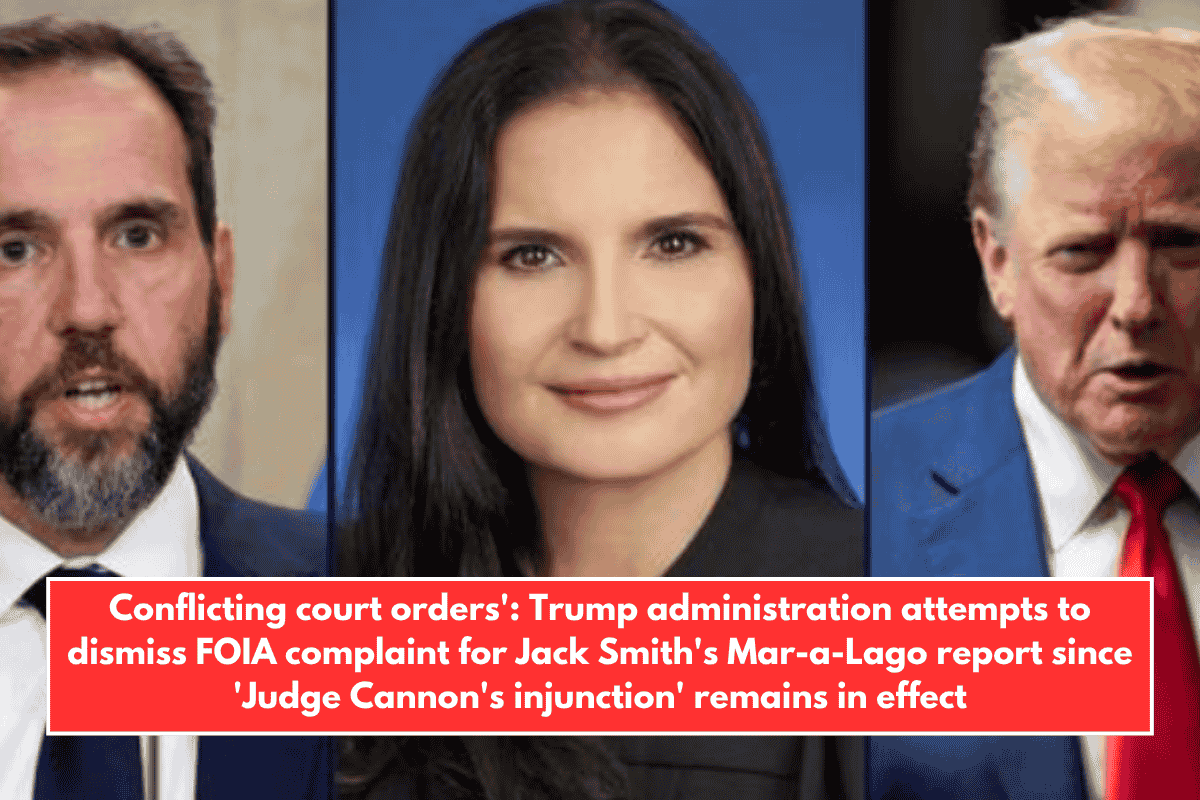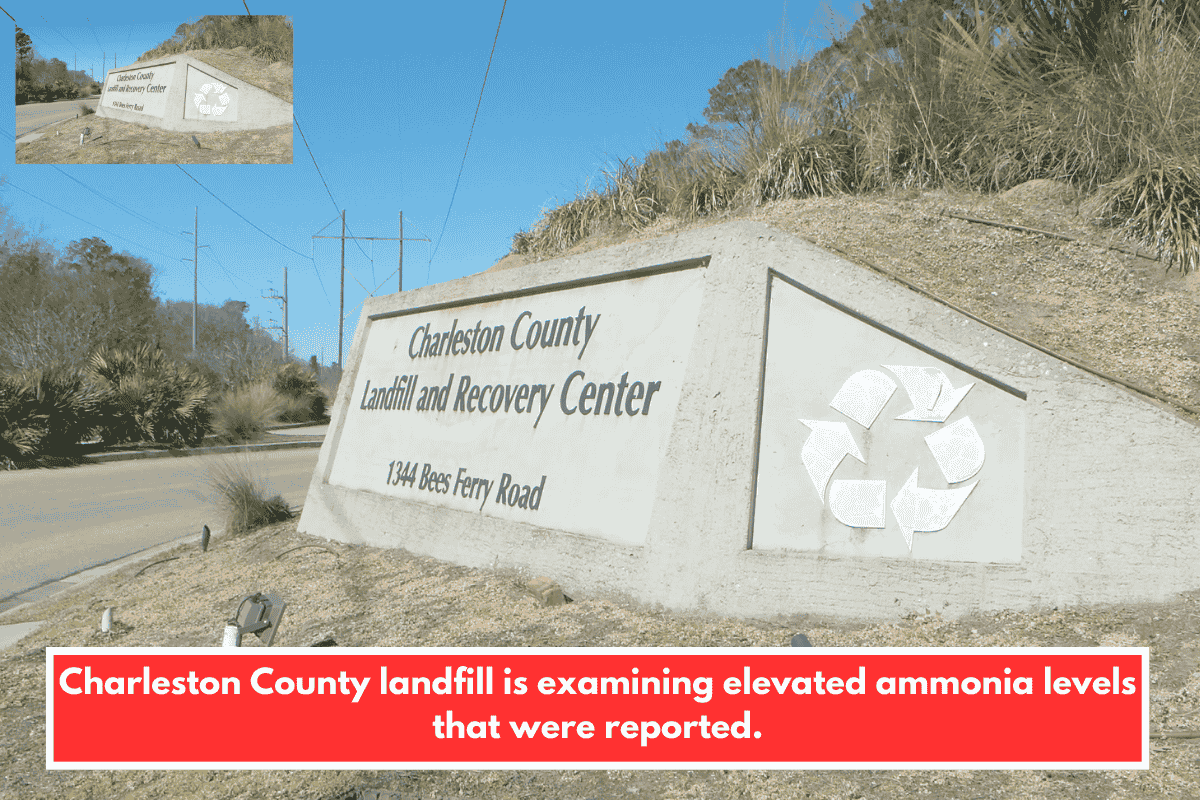The U.S. Department of Justice (DOJ) filed a motion on Friday to dismiss a Freedom of Information Act (FOIA) lawsuit that sought the release of the second volume of the final report from former special counsel Jack Smith’s investigation into the Mar-a-Lago incident involving President Donald Trump. The motion seeks to close the case filed by The New York Times and one of its reporters.
The FOIA Lawsuit and Legal Arguments
In January, The New York Times filed a lawsuit against the DOJ after it allegedly failed to comply with a FOIA request for the second volume of Smith’s report. The plaintiffs argued that the DOJ had not made a timely decision on the expedited processing of their FOIA request, as required by federal law.
However, the Trump administration is now seeking to dismiss the case, citing a court injunction issued by U.S. District Judge Aileen Cannon in January 2023. The injunction, filed in response to an emergency motion from Waltine “Walt” Nauta (Trump’s personal valet) and Carlos de Oliveira (Mar-a-Lago’s chief of maintenance), barred the DOJ from releasing the second volume of the report. The injunction prohibited the DOJ from sharing, transmitting, or releasing the volume or any drafts outside the Department of Justice.
Government’s Defense
The DOJ’s motion to dismiss claims that The New York Times’ request fails to state a plausible claim under FOIA because the court’s injunction prevents the release of the second volume. The DOJ argues that, due to the injunction, it had no choice but to withhold the document.
The motion states: “It is clear from the face of the amended complaint that DOJ did not ‘improperly’ withhold Volume II, as required to state a FOIA claim. DOJ had no choice but to withhold the document, as Judge Cannon’s injunction bars DOJ from releasing it.”
The DOJ also asserts that even if the court were to agree with the Times that Judge Cannon did not have the jurisdiction to issue the injunction, releasing the report would place the DOJ in a conflicting position between following two court orders—one issued by Judge Cannon and another under FOIA.
The Times’ Response
The New York Times contends that Judge Cannon’s injunction was issued illegally and lacks jurisdiction, as the injunction was issued after the criminal case was appealed to the 11th Circuit Court of Appeals. The Times argues that jurisdiction had shifted to the 11th Circuit and that Cannon’s order is void because there was no “live case or controversy” in front of the court. They claim that because of this, the DOJ was wrong to withhold the report.
The Times also argues that only the 11th Circuit Court of Appeals can issue an injunction regarding the release of the second volume, and because no such injunction was issued by the appeals court, Judge Cannon’s injunction should be disregarded.
DOJ’s Legal Strategy
The DOJ’s motion emphasizes that if the Times’ argument were accepted, it would create legal chaos by forcing the DOJ to choose between two conflicting court orders: one from Judge Cannon and one under FOIA. The DOJ also references a 1980 U.S. Supreme Court case, which supports the notion that an agency like the DOJ has no discretion to release documents if they are subject to a court injunction.
Ongoing Proceedings and Intervention
Despite these legal battles, Judge Cannon’s injunction remains in effect as the 11th Circuit Court of Appeals continues to hear matters related to the criminal case. Two organizations, American Oversight and the Knight First Amendment Institute, have attempted to intervene in the criminal case to seek the dissolution or rescission of the injunction. This further complicates the issue, as Judge Cannon is still deliberating on how to address the injunction’s future.
The DOJ argues that Judge Cannon retains jurisdiction over whether or not the injunction remains in place and that future proceedings will be held to determine if the injunction should be lifted.
The legal battle over the release of Volume II of Jack Smith’s Mar-a-Lago investigation report continues, with the Department of Justice seeking to dismiss the FOIA lawsuit filed by The New York Times. The case involves complex issues of jurisdiction, conflicting court orders, and the legality of Judge Cannon’s injunction, with the future of the report still uncertain as it awaits resolution in the courts.














